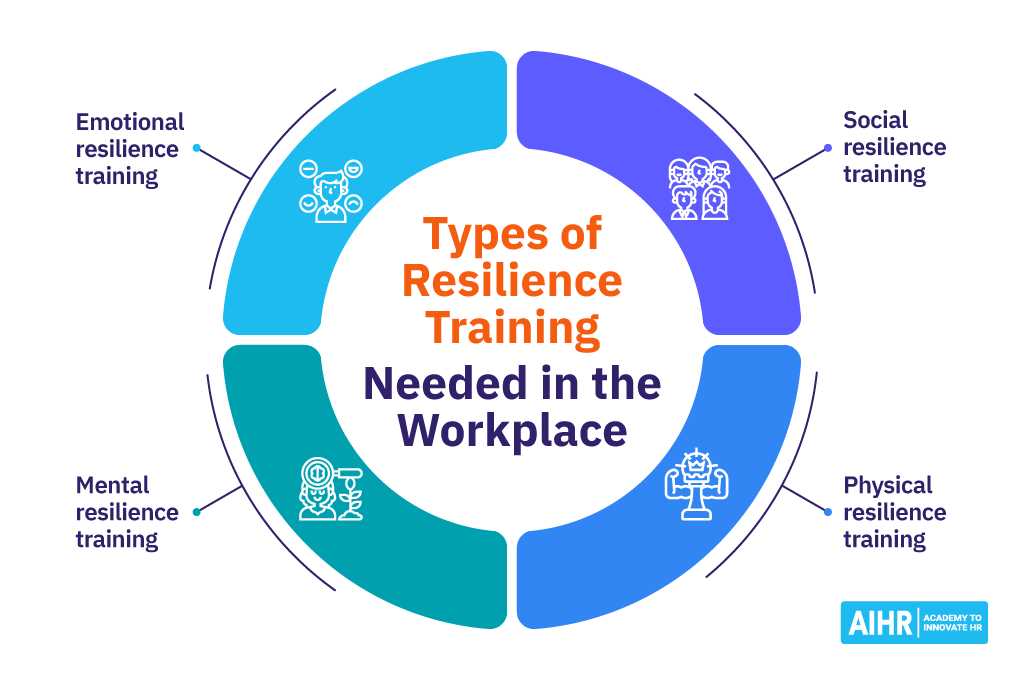
In today’s fast-paced world, stress has become an inevitable part of our lives. Whether it’s the pressure to meet deadlines, juggle multiple responsibilities, or navigate through challenging situations, stress can have a significant impact on our performance and overall well-being. However, with effective stress management and resilience training, we can unlock our true potential and achieve optimal performance in all areas of life.
Stress management involves adopting strategies and techniques to cope with and reduce the negative effects of stress. It’s about finding the right balance between work and personal life, developing healthy habits, and cultivating a positive mindset. By learning how to manage stress effectively, individuals can enhance their focus, concentration, and productivity, leading to improved performance in their professional and personal endeavors.
Resilience, on the other hand, refers to our ability to bounce back from adversity and adapt to change. It’s the inner strength that enables us to withstand the challenges and setbacks that come our way. Resilience training involves developing skills such as problem-solving, emotional regulation, and positive thinking. By building resilience, individuals can not only overcome stress but also thrive in the face of adversity, leading to enhanced performance and success.
Combining stress management and resilience training is the key to unlocking optimal performance. By effectively managing stress, individuals can reduce the negative impact it has on their physical health, mental well-being, and overall performance. At the same time, developing resilience allows individuals to navigate through stressful situations with ease, bounce back from setbacks, and maintain high levels of performance.
Investing in stress management and resilience training is not only beneficial for individuals but also for organizations. Companies that prioritize the well-being and resilience of their employees create a positive work environment that fosters productivity, creativity, and innovation. By providing training programs and resources to help employees manage stress and build resilience, organizations can unlock the full potential of their workforce and achieve optimal performance.
Understanding Stress and its Effects
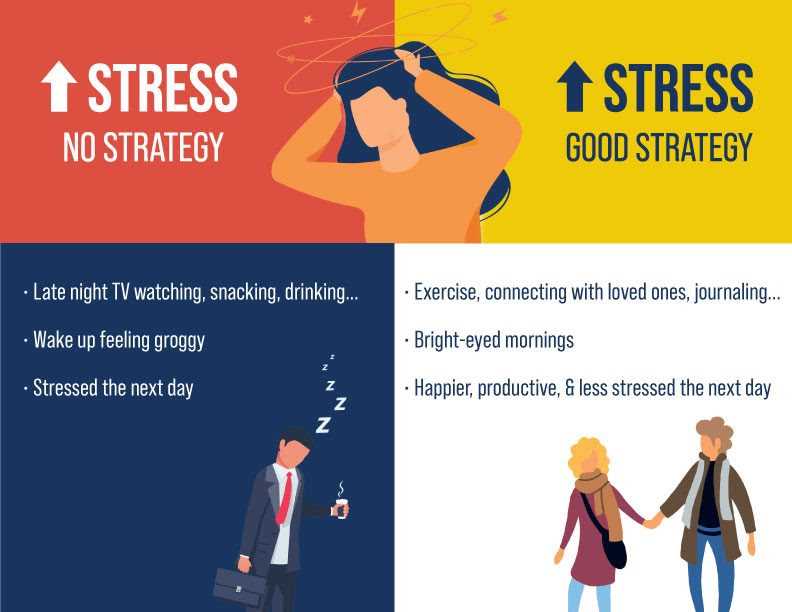
Stress is a common experience that affects individuals in various aspects of their lives. Whether it is related to work, personal relationships, or other responsibilities, stress can have a significant impact on one’s well-being and performance. Effective stress management and resilience training are essential for unlocking optimal performance and maintaining overall health.
Stress can be defined as a physiological and psychological response to a perceived threat or challenge. It activates the body’s fight-or-flight response, releasing stress hormones such as cortisol and adrenaline. While stress is a natural and necessary part of life, chronic or excessive stress can have detrimental effects on both physical and mental health.
Chronic stress can lead to a range of negative outcomes, including increased risk of cardiovascular disease, weakened immune system, and mental health disorders such as anxiety and depression. It can also impair cognitive function, memory, and decision-making abilities, hindering optimal performance in various domains.
Effective stress management involves developing strategies to cope with and reduce stress levels. This can include lifestyle changes such as regular exercise, healthy eating, and sufficient sleep. Additionally, relaxation techniques such as deep breathing, meditation, and mindfulness can help calm the mind and promote a sense of inner peace.
Resilience training is another important aspect of stress management. It involves building the ability to bounce back from adversity and adapt to challenging situations. Resilient individuals are better equipped to handle stress, as they have developed a set of skills and strategies to maintain a positive mindset and navigate through difficult times.
In conclusion, understanding stress and its effects is crucial for effective stress management and resilience training. By developing strategies to cope with stress and building resilience, individuals can unlock their optimal performance and maintain their well-being in various areas of their lives.
The Science Behind Stress
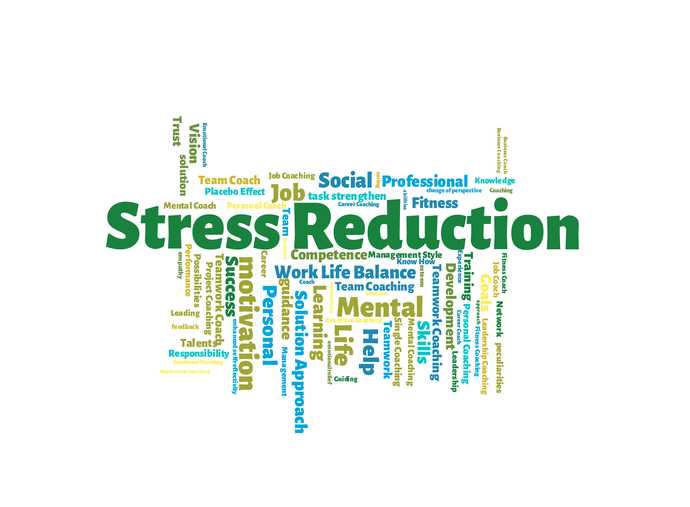
Stress is a natural response to challenging situations, and understanding the science behind stress can help in its management and resilience training. When we experience stress, our body releases hormones such as adrenaline and cortisol, which prepare us for action. This is known as the fight-or-flight response, an evolutionary mechanism that helped our ancestors survive in dangerous situations.
However, in today’s fast-paced world, stress can become chronic and have negative effects on our health and well-being. Chronic stress can lead to physical and mental health problems, including high blood pressure, anxiety, depression, and decreased immune function.
Fortunately, through stress management and resilience training, we can unlock optimal performance by learning how to effectively cope with stress. This involves developing strategies to reduce stress levels, such as practicing mindfulness, engaging in regular physical exercise, and cultivating a supportive social network.
Moreover, understanding the science behind stress can help us reframe our perception of stress. Research has shown that viewing stress as a challenge rather than a threat can lead to better performance and increased resilience. By changing our mindset, we can harness the energy and focus that stress provides and channel it towards achieving our goals.
In conclusion, stress is a natural response that can have both positive and negative effects on our well-being. By understanding the science behind stress and implementing effective stress management and resilience training techniques, we can unlock our optimal performance and thrive in today’s demanding world.
Physical and Psychological Effects of Stress
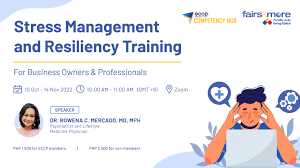
Stress can have a profound impact on both our physical and psychological well-being. When we experience high levels of stress, our bodies go into a “fight or flight” response, releasing hormones such as cortisol and adrenaline. While this response is adaptive in short bursts, chronic stress can have detrimental effects on our health and overall resilience.
Physically, stress can manifest in a number of ways. It can lead to increased heart rate and blood pressure, as well as muscle tension and headaches. Prolonged stress can weaken the immune system, making us more susceptible to illnesses. It can also disrupt our sleep patterns, leading to fatigue and a lack of energy.
Psychologically, stress can impact our mental well-being. It can lead to feelings of anxiety, irritability, and difficulty concentrating. Chronic stress can also contribute to mood disorders such as depression. Additionally, stress can affect our ability to cope with challenges and setbacks, making it harder to maintain optimal performance in various aspects of life.
Recognizing the physical and psychological effects of stress is the first step in managing and building resilience. By implementing stress management techniques and participating in resilience training, individuals can learn to effectively cope with stress and enhance their overall performance. These strategies may include relaxation techniques, exercise, mindfulness practices, and seeking support from others.
In conclusion, stress has significant physical and psychological effects that can impact our resilience and optimal performance. By understanding and addressing these effects, individuals can take proactive steps towards managing stress and improving their well-being.
Identifying Sources of Stress
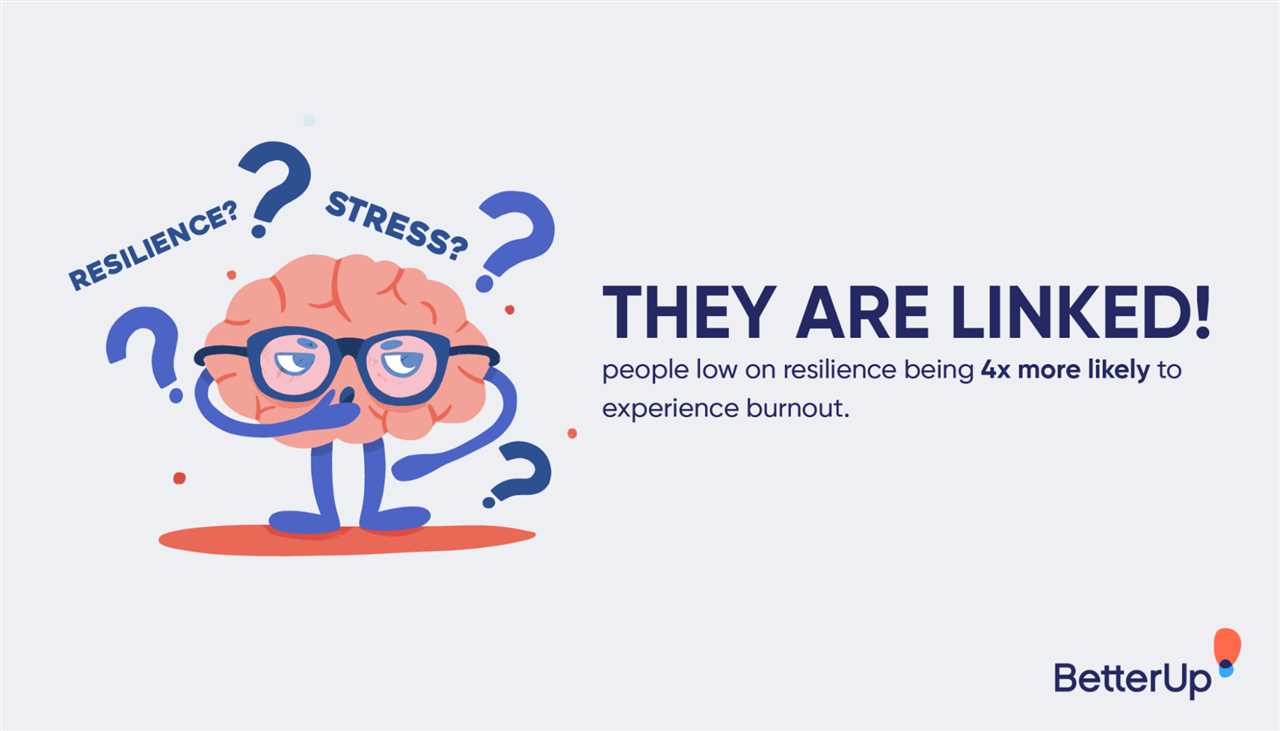
Resilience training and stress management are essential for unlocking optimal performance. In order to effectively manage stress, it is important to identify the sources of stress in our lives.
Stress can come from various aspects of our lives, including work, relationships, and personal challenges. In the workplace, high workloads, tight deadlines, and a lack of control can all contribute to stress. Additionally, conflicts with colleagues or a difficult boss can also be sources of stress.
Outside of work, personal relationships can be a significant source of stress. Difficulties with family members or conflicts with friends can take a toll on our mental and emotional well-being. Financial problems, health issues, and major life changes such as moving or starting a new job can also contribute to stress.
It is important to recognize that everyone experiences stress differently. What may be stressful for one person may not be for another. Identifying our own unique sources of stress allows us to develop targeted strategies for managing and reducing stress.
One effective way to identify sources of stress is through self-reflection and self-awareness. Taking the time to reflect on our daily experiences and emotions can help us identify patterns and triggers for stress. Keeping a journal or using a stress tracking app can be helpful tools for this process.
Another approach is to seek feedback from others. Sometimes, we may be unaware of the impact our behavior or actions have on those around us. Asking for feedback from trusted friends, family members, or colleagues can provide valuable insights into sources of stress that we may not have considered.
Once we have identified the sources of stress in our lives, we can then begin to develop strategies for effectively managing and reducing stress. This may include setting boundaries, practicing self-care, seeking support from others, and developing healthy coping mechanisms.
In conclusion, identifying sources of stress is a crucial step in resilience training and stress management. By understanding the specific factors that contribute to our stress, we can develop targeted strategies for unlocking optimal performance and achieving a healthier, more balanced life.
Benefits of Stress Management

Stress management is a crucial aspect of improving performance and achieving optimal results. By implementing effective stress management techniques, individuals can enhance their ability to handle pressure and maintain resilience in challenging situations.
Here are some key benefits of stress management:
| 1. Enhanced Performance | Stress management allows individuals to effectively deal with the pressures and demands of their roles, enabling them to perform at their best. By reducing stress levels, individuals can focus better, think more clearly, and make informed decisions, leading to improved performance outcomes. |
| 2. Improved Physical and Mental Health | Chronic stress can have detrimental effects on both physical and mental health. By practicing stress management techniques, individuals can reduce the risk of developing stress-related illnesses such as heart disease, high blood pressure, and anxiety disorders. Managing stress also promotes better sleep, boosts mood, and enhances overall well-being. |
| 3. Increased Resilience | Stress management training helps individuals build resilience and develop coping mechanisms to handle adversity. By learning how to effectively manage stress, individuals can bounce back from setbacks, adapt to change, and maintain a positive mindset even in challenging situations. |
| 4. Better Work-Life Balance | By managing stress effectively, individuals can create a healthier work-life balance. They can prioritize their well-being and allocate time for relaxation, hobbies, and spending quality time with loved ones. This balance contributes to overall happiness and satisfaction, leading to increased productivity and success in both personal and professional domains. |
| 5. Enhanced Relationships | Stress management not only benefits individuals personally but also improves their relationships with others. By reducing stress levels, individuals can communicate more effectively, handle conflicts better, and foster positive connections. This leads to healthier and more fulfilling relationships, both in the workplace and personal life. |
Overall, stress management plays a crucial role in unlocking optimal performance, improving overall well-being, and fostering resilience in individuals. By implementing effective stress management techniques, individuals can experience numerous benefits that positively impact their personal and professional lives.
Improved Mental Health and Well-being
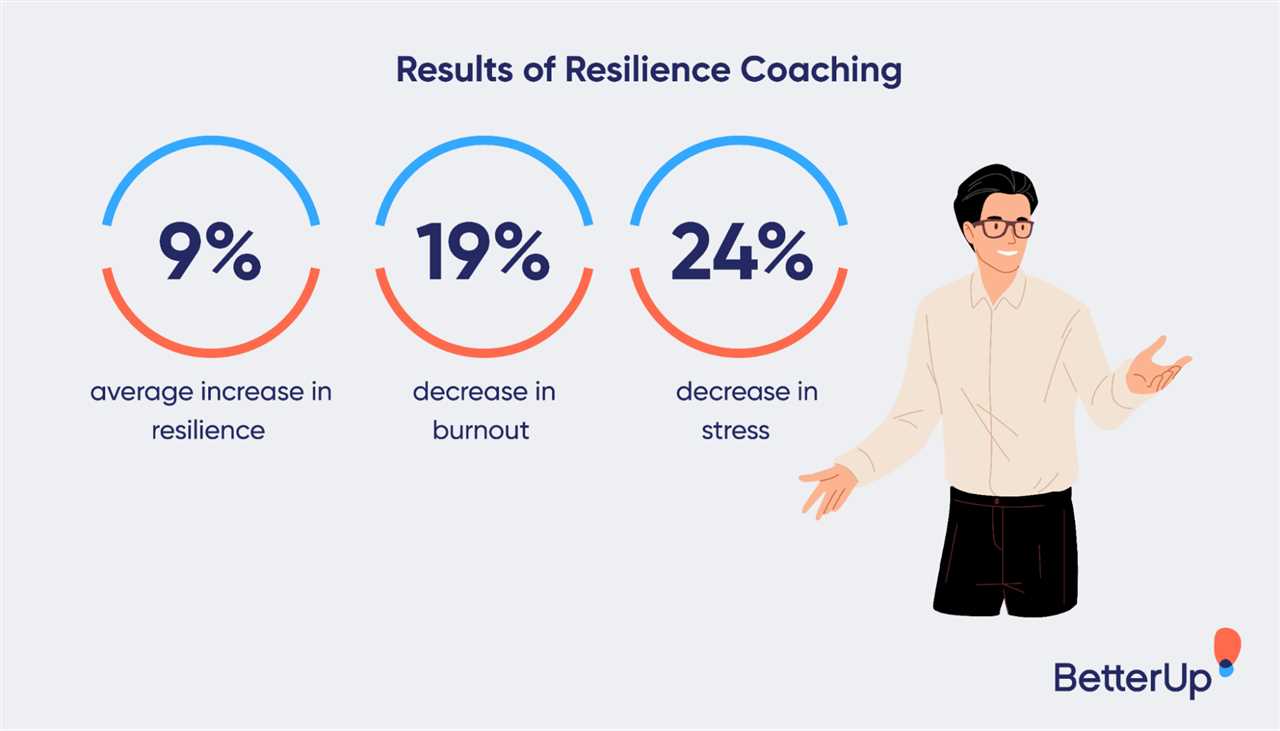
Effective stress management and resilience training can have a significant impact on an individual’s mental health and overall well-being. The demands of modern life can often lead to high levels of stress, which can negatively affect mental health and performance. By implementing stress management techniques and building resilience, individuals can better cope with stressors and improve their mental health.
Training in stress management provides individuals with the tools and strategies to identify and manage stress effectively. This includes learning relaxation techniques, such as deep breathing and mindfulness, which can help reduce stress levels and promote a sense of calm. Additionally, individuals learn how to set realistic goals, prioritize tasks, and manage time effectively, all of which can contribute to a more balanced and less stressful lifestyle.
Resilience training focuses on building the ability to bounce back from adversity and adapt to challenging situations. This training helps individuals develop a positive mindset, enhance problem-solving skills, and cultivate a sense of self-efficacy. By improving resilience, individuals are better equipped to handle stress and setbacks, leading to improved mental health and well-being.
Furthermore, stress management and resilience training can also positively impact an individual’s performance. When stress is effectively managed, individuals are better able to concentrate, focus, and make sound decisions. Additionally, by building resilience, individuals are more likely to persevere in the face of challenges and maintain high levels of motivation and productivity.
In conclusion, stress management and resilience training play a crucial role in improving mental health and well-being. By equipping individuals with the necessary tools and strategies to manage stress and build resilience, they can better cope with the demands of modern life and achieve optimal performance.
Enhanced Productivity and Performance

Stress management and resilience training are essential for unlocking optimal performance. In today’s fast-paced and demanding work environment, stress can negatively impact productivity and performance. However, by implementing effective stress management techniques and resilience training, individuals can enhance their ability to perform at their best.
Stress can hinder performance by causing distractions, reducing focus, and impairing decision-making abilities. It can also lead to physical and mental health issues, further impacting productivity. By learning how to effectively manage stress, individuals can improve their ability to concentrate, make better decisions, and maintain a healthy work-life balance.
Resilience training is another crucial aspect of enhancing performance. It helps individuals develop the mental and emotional resilience needed to overcome challenges and bounce back from setbacks. Resilient individuals are better equipped to handle stress, adapt to change, and maintain a positive mindset, all of which contribute to improved performance.
Through stress management and resilience training, individuals can unlock their optimal performance potential. They can learn techniques such as mindfulness, breathing exercises, time management, and self-care to effectively manage stress. Additionally, resilience training can teach individuals strategies for building resilience, such as positive self-talk, goal setting, and seeking support from others.
By prioritizing stress management and resilience training, individuals can enhance their productivity and performance. They can better cope with the demands of their work and personal lives, leading to improved focus, decision-making, and overall well-being. Investing in these training programs is a valuable step towards unlocking optimal performance and achieving success in all areas of life.
Strengthened Relationships and Communication
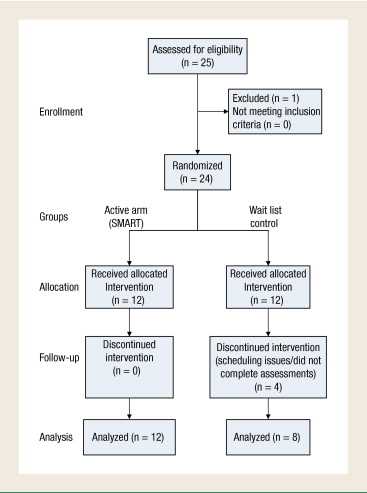
Resilience training has proven to be a powerful tool in managing stress and unlocking optimal performance. However, its benefits extend beyond individual well-being. By equipping individuals with the skills to manage stress effectively, resilience training also has the potential to strengthen relationships and improve communication.
Stress can often strain relationships and hinder effective communication. When individuals are overwhelmed by stress, they may become more irritable, less patient, and more likely to react impulsively. This can lead to misunderstandings, conflicts, and a breakdown in relationships.
Through resilience training, individuals learn techniques to manage stress in a healthy and constructive way. They develop the ability to recognize and regulate their emotions, which allows them to respond to challenging situations with greater composure and empathy. By cultivating self-awareness and emotional intelligence, individuals can approach relationships and communication with a greater sense of understanding and compassion.
Furthermore, resilience training emphasizes the importance of effective communication skills. Participants learn how to actively listen, express themselves clearly, and resolve conflicts in a constructive manner. These skills not only enhance personal relationships but also improve teamwork and collaboration in professional settings.
By strengthening relationships and improving communication, resilience training creates a supportive and harmonious environment where individuals can thrive. When stress is managed effectively, individuals are more likely to engage in open and honest communication, which fosters trust, understanding, and cooperation.
In conclusion, resilience training not only enhances individual performance and well-being but also has the potential to positively impact relationships and communication. By equipping individuals with the tools to manage stress and cultivate resilience, organizations can create a healthier and more productive work environment.
Resilience Training Techniques
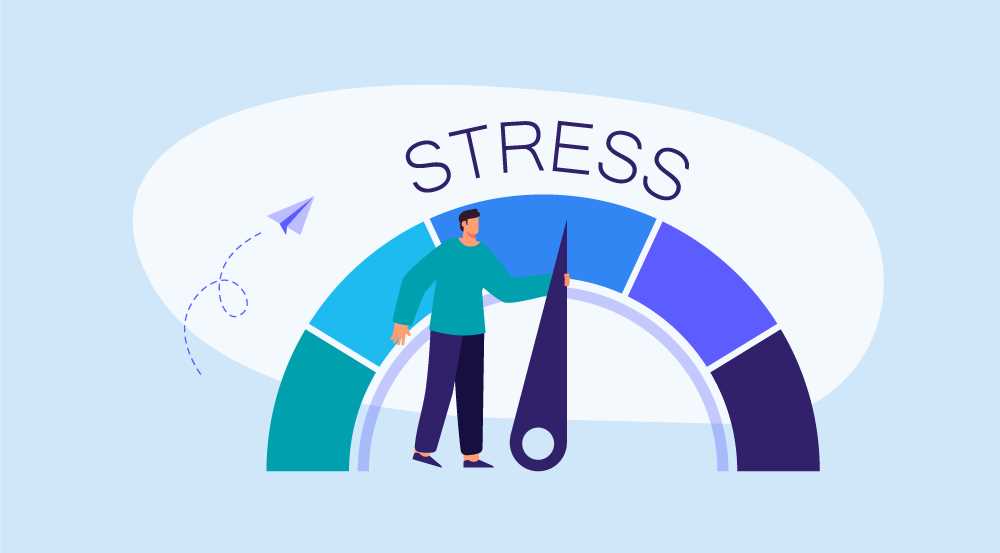
Resilience training is a crucial aspect of stress management and performance optimization. It equips individuals with the necessary skills and techniques to bounce back from adversity and maintain high levels of performance under pressure.
Here are some effective resilience training techniques:
1. Cognitive reframing: This technique involves challenging negative thoughts and reframing them into more positive and empowering ones. By changing our perspective, we can build resilience and develop a more optimistic mindset.
2. Mindfulness meditation: Practicing mindfulness meditation helps individuals to stay present and focused, reducing stress and enhancing resilience. It involves paying attention to the present moment without judgment, allowing for greater self-awareness and emotional regulation.
3. Building social support: Developing strong social connections and support networks is essential for building resilience. Having a support system in place can provide emotional support, practical assistance, and a sense of belonging, all of which contribute to improved resilience and performance.
4. Physical well-being: Taking care of our physical health is crucial for resilience. Engaging in regular exercise, eating a balanced diet, and getting enough sleep are all important factors that contribute to our ability to cope with stress and perform at our best.
5. Self-care practices: Engaging in self-care activities, such as practicing hobbies, taking breaks, and setting boundaries, can help individuals recharge and replenish their energy. These practices contribute to improved resilience and overall well-being.
6. Goal setting: Setting realistic and achievable goals helps individuals stay focused and motivated, even in the face of challenges. By breaking down larger goals into smaller, manageable tasks, individuals can build resilience and maintain high levels of performance.
7. Seeking professional support: When facing significant stress or adversity, seeking professional support can be beneficial. Therapists, coaches, or mentors can provide guidance, tools, and strategies to help individuals develop resilience and optimize their performance.
By incorporating these resilience training techniques into our lives, we can enhance our ability to manage stress and unlock optimal performance in various aspects of life.
Developing Self-awareness and Emotional Intelligence
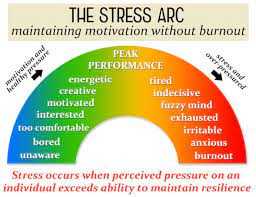
Self-awareness and emotional intelligence are key aspects of optimal stress management and resilience training. By developing a deep understanding of oneself and one’s emotions, individuals can better navigate and manage stress in their lives.
Self-awareness involves recognizing and understanding one’s own thoughts, feelings, and behaviors. It allows individuals to identify the sources of stress in their lives and understand how they react to these stressors. Through self-awareness, individuals can gain insight into their own strengths and weaknesses, enabling them to make informed decisions and take appropriate actions to manage stress effectively.
Emotional intelligence, on the other hand, refers to the ability to recognize, understand, and manage one’s own emotions, as well as the emotions of others. It encompasses skills such as self-regulation, empathy, and interpersonal communication. Developing emotional intelligence allows individuals to effectively manage stress by recognizing and regulating their own emotional responses, as well as understanding and responding empathetically to the emotions of others.
Stress management and resilience training programs often include exercises and techniques aimed at developing self-awareness and emotional intelligence. These may include mindfulness practices, such as meditation and deep breathing exercises, which help individuals become more attuned to their thoughts and emotions. Additionally, training programs may incorporate activities that promote self-reflection and self-assessment, allowing individuals to gain a deeper understanding of their own emotions and reactions to stress.
By developing self-awareness and emotional intelligence, individuals can enhance their ability to manage stress and build resilience. They become better equipped to recognize and address the sources of stress in their lives, as well as regulate their emotional responses to these stressors. This leads to improved overall well-being and optimal performance in various aspects of life, including work, relationships, and personal fulfillment.

I am Patrina de Silva, a psychologist and mental health blogger in Sri Lanka. After obtaining psychology degrees from the University of Colombo and Monash University, I returned home to work as a counselor while also starting the popular blog “Pressy but Happy” to provide advice on psychological issues. Over the past decade, my empathetic articles have made my blog a leading mental health resource in the country. In addition to writing, I maintain a private therapy practice, frequently volunteer counseling time, and conduct seminars, driven by my passion for destigmatizing mental illness and educating the public on the mind-body connection. I strive to be an influential voice in my field through my compassionate approach.
